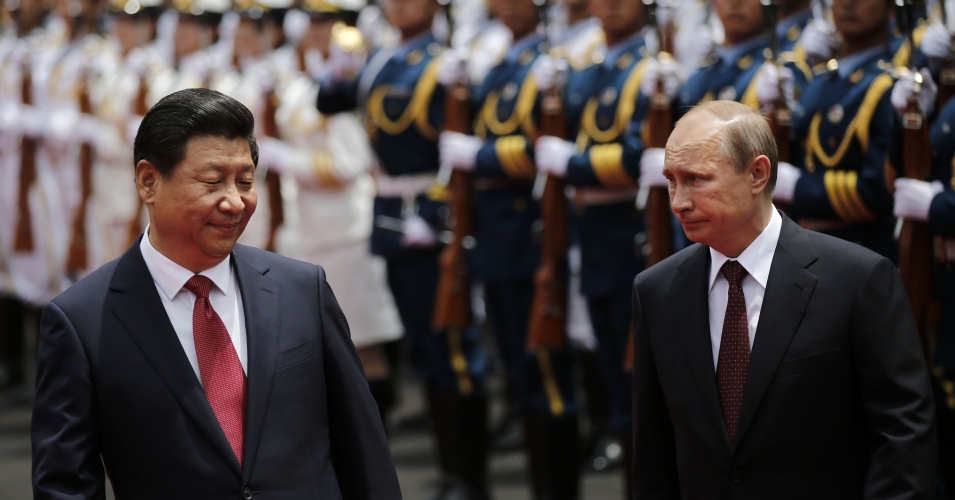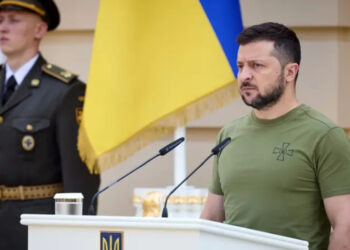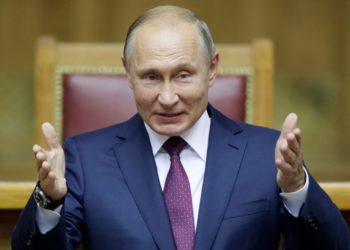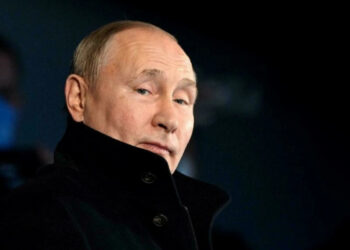The history of the Western Balkans is characterized by rivaling foreign powers vying for influence. This dynamic continues to play out in this relatively small region, with geopolitical implications that extend beyond the area’s position on Europe’s periphery.
The U.S. has shown a renewed interest in the Western Balkans, where Russia historically has been a major foreign power, and China in recent years has emerged as a significant player. Both of these nations seem to have mutual interests in the Western Balkans, chief among them being undermining liberal democracy and increasing the number of states that, either overtly or tacitly, support their authoritarian regimes.
Why, then, are China and Russia not cooperating in the region beyond an opaque “council of economic cooperation” designed solely to coordinate and encourage Chinese and Russian investment in Serbia?
Lack of Economic Incentives
The first reason why China and Russia aren’t working together is the lack of incentives for Russia to cooperate economically with China. If Chinese investments in the Western Balkans continue to increase proportionally to China’s economic growth, then Beijing’s increased investments could lead to the crowding out of Russia.

For example, Russia’s main economic interest in the region is energy, but in 2016, China purchased one of the largest oil companies in Albania, along with the rights to some of the country’s largest oil fields. Many Western Balkan countries currently depend for their energy on Russia, which Moscow uses as political leverage. All of that, however, could change if China begins to offer the region energy alternatives.
Additionally, Russia does not want to join a partnership that would put it in a much weaker position than its partner. China’s economy is six times the size of Russia’s and continues to grow while Russia’s stagnates. Moscow understands that rather than joining a partnership on unequal terms in which it risks its goals to become subservient to Beijing’s, it is better off pursuing its agenda on its own.
Different Interests
The second reason is that despite their mutual desire to undermine liberal democracy, China and Russia’s interests in the region are fairly different.
Russia’s interests have a distinct security component, with as most important one preventing that more countries in the region join NATO. To achieve this goal, Russia has gone so far as to attempt to assassinate Montenegro’s prime minister and to thwart the name agreement between North Macedonia and Greece. It is unclear how stopping countries from joining NATO would benefit China.
Иднината веќе не ни е судбина. Успеавме! Нашата татковина е на вистинскиот пат. Стануваме 30-тата полноправна членка на #NATO. Стануваме безбедна земја. Ова е нова страница во нашата историја.
Да живее Република Северна Македонија! 🇲🇰#WeAreNATO pic.twitter.com/TiddOlloUa
— Зоран Заев (@Zoran_Zaev) February 12, 2019
China’s interests in the region remain mostly economic. The Western Balkans have become a big part of China’s Belt and Road Initiative, and China has invested heavily in the area’s infrastructure so it can transport goods shipped in from the port it owns in southern Greece to the rest of the European Union. That is not to say that China does not have geopolitical interests in the region, but for the time being, they are taking a back seat to its economic pursuits.
Neutrality
The third and final reason is that China’s recent success in the Western Balkans is partly due to its ability to promote itself as a “neutral” actor without historical baggage. Russia historically has had influence amongst the region’s Orthodox Christian populations by emphasizing themes of pan-Slavism and promoting itself as the defender of Orthodox Christianity.
Turkey has had a similar influence in the Western Balkans amongst the region’s Muslim populations, which entails promoting comparable narratives of religious and cultural brotherhood. As Russia and Turkey continue to compete in the Western Balkans, they widen the ethnic and cultural divides between the region’s Orthodox Christians and Muslims. China would not sacrifice its appearance of neutrality by partnering with Russia.
Substantive Sino-Russian cooperation would undoubtedly threaten the interests of the West in the Western Balkans, but fortunately for the West, such collaboration is unlikely.
However, even without working together, China and Russia reinforce each other’s interests. A more powerful China helps achieve Russia’s vision of a multipolar global order, and both countries have and will continue to block recognition of Kosovar independence, including Kosovo’s membership in the United Nations.
For the foreseeable future, the West must reckon with both China and Russia as rival powers in the Western Balkans and hope that they won’t start cooperating.
Disclaimer: The views and opinions expressed here are those of the author and do not necessarily reflect the editorial position of The Globe Post.





















